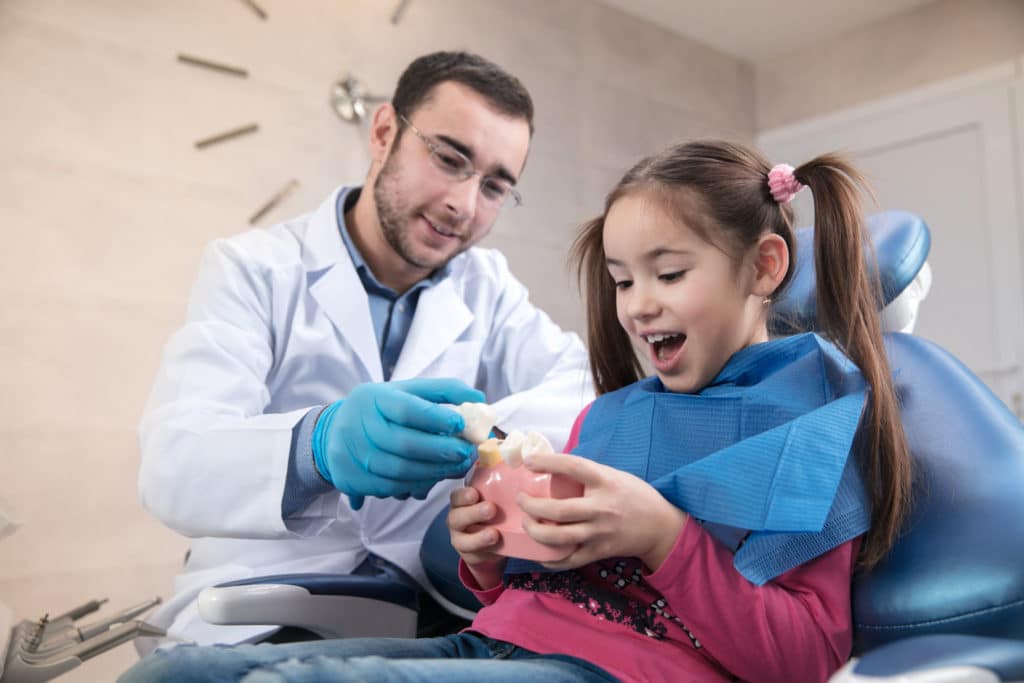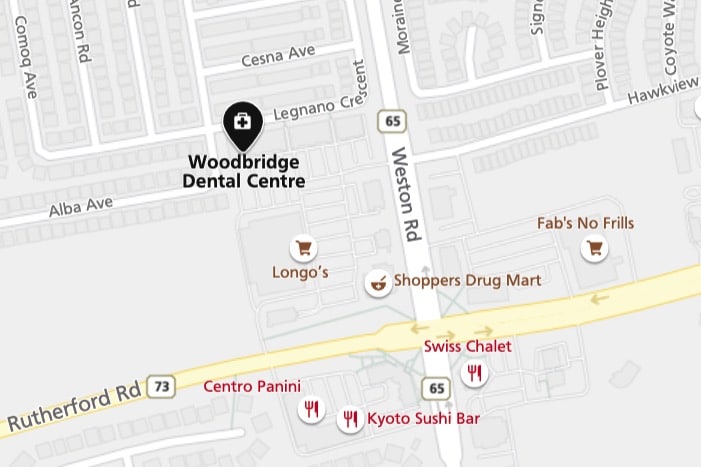The most prevalent chronic illness among children in America is tooth decay. That is a startling statistic considering that tooth decay is typically prevented. Childrens dental health is of little concern. After all, children lose their baby teeth and eventually switch to adult teeth. The actual work starts once their permanent teeth have erupted.
However, that is untrue. Even if they don’t want to, children must take care of their teeth since how they practice good oral hygiene as children affects not only the development of their baby teeth but also the health of the rest of their mouths. The condition of children’s teeth is crucial, but it doesn’t change the fact that encouraging children to take care of their teeth is not always straightforward. This blog covers 11 essential tips for childrens dental care.
Make a Dental Appointment
The first dentist visit for your child should be around their first birthday, with subsequent visits at regular intervals. Having a regular dentist is essential. Visits to the dentist, whether pediatric or general, can help establish a healthy routine, check for cavities in baby teeth, detect signs of early childhood disorders, and encourage regular dental care.
Start a Dental Routine as Early as Possible
When it comes to teaching kids to take care of their teeth, prevention is critical. Young children can learn by observing their parents or older siblings as they take care of oral hygiene routines, such as brushing their teeth. Start by gently brushing your baby’s teeth using a baby toothbrush and child-safe toothpaste. The gums can be cleaned with a damp washcloth until the teeth come in. If you start your kids with these routines at a young age, it will be much easier for them to maintain them as they age.
Know About Baby Teeth
The first teeth usually appear between 6 months and 3 years. The lower front teeth are typically the first to erupt (incisors). Between the ages of 6 and 12, children often have a mix of baby and adult teeth as their 20 primary teeth give way to their permanent set of 32. Incisors (the front teeth) are typically the first to fall out, sometime between 6 and 8, while the back molars and canines remain in place until the tween and teen years.
The protective covering of enamel, or dentin, is significantly weaker in infants’ teeth than in permanent ones. Because of this, they are more likely to get tooth decay. Baby teeth naturally space out to make room for permanent sets to emerge. Get in touch with a pediatrician or dentist if your kid continues to cry and act in pain after trying pain relievers.
Try a Special Toothbrush
Keeping your child on track with their oral hygiene practice can be accomplished by making it enjoyable. Try to find toothbrushes in bright, engaging colors that will pique their interest. Electronic toothbrushes featuring cartoon characters or cute animals are also available. Get your children involved in picking out their toothbrushes. As a result, they will look forward to brushing their teeth and develop a positive attitude toward the activity.
Utilise Positive Discipline Techniques at Home
Children rarely have the initiative to take care of their teeth health and gums on their own. Children typically respond well to a system of structure that includes positive reinforcement for excellent behavior, such as making brushing pleasurable. When a child remembers to brush their teeth before bed and upon waking, they might earn a star on a calendar’s star chart.
Even more creatively, you can offer little incentives like a different bedtime story or a special pancake breakfast on the weekend every time your children remember to clean their teeth without being reminded. It’s up to you to ensure your kids have a pleasant experience with oral hygiene at home; doing so will help them develop lifelong good habits.
Make Dental Care Routines Fun
Fun and high-tech goods like a fun-shaped toothbrush with their favorite cartoon character, an electric toothbrush with a timer or music, or a water flosser that cuts flossing time will help kids stick to a dental care routine. Buy a kid-friendly toothpaste in a flavor your child likes if they don’t like mint
Make a daily dental routine entertaining for youngsters. While they brush, play their favorite music. If the music is two minutes or longer, it will be easier to ensure they brush for the dentist-recommended time. Making your child’s dental routine entertaining will help them maintain it as they age.
Use a Reward System
Many parents find a system of incentives to help encourage their children to maintain a regular oral hygiene regimen at home. To encourage your children to develop good oral hygiene habits, you might make a chart and reward them with gold star stickers whenever they clean their teeth without prompting. Offer a fun weekend outing if kids don’t complain about brushing and flossing daily for a week. You are the most excellent judge of what will keep your children interested in and pleased with their oral hygiene routines.
Understand Fluoride
Cavity formation can be slowed or stopped by using fluoride, a naturally occurring mineral. In the mouth, bacteria feed on sugars to produce acid, which can eat away at the tooth’s enamel (enamel). There is strong evidence that fluoride can prevent tooth decay and even help repair damaged enamel. Fluoride has been added to the water supply in many places to prevent tooth decay. Children should use fluoride toothpaste and consume plenty of water.
Do your Dental Routine Together
They have role models in the form of parents and older siblings who regularly brush and floss can be very helpful to children. They are more likely to incorporate good dental hygiene into their daily routine if they do it as an example. Try brushing your teeth with your kids if they’re hesitant to do it independently. You can check their methods and ensure they’re on the right track.
Teach your Children About the Nutrition
The number one rule for nutrition and strong teeth is to consume as little sugar as possible. This can be particularly challenging around sweet-themed holidays like Halloween and Easter. Oral-B explains how some parents lessen the negative impacts of sugar on their kids’ dental health:
- Save sweets for hours following meals. Saliva production in the mouth is at its highest during this time, which helps protect young children’s teeth.
- When giving, your child treats, firmly establish set periods and store extra candy in tight bags.
- Water helps drain the sugar from the system and prevents tooth decay, so encourage kids to drink more.
Discuss Dentist Visits or Bring Them to your Next Appointment
Talking about the dentist helps prepare kids for their next cleaning. Many kids fear the dentist and need parental support. Talking to your kids about dental checkups will help them feel less anxious. Confidence and preparation make dental visits simpler for you and your kids.
Preparing your youngster for the dentist by introducing your dentist in a non-threatening setting builds trust. This can be done during an appointment with your child—a familiar face calms apprehensive children.








